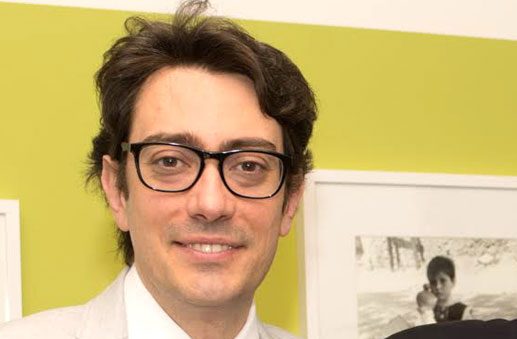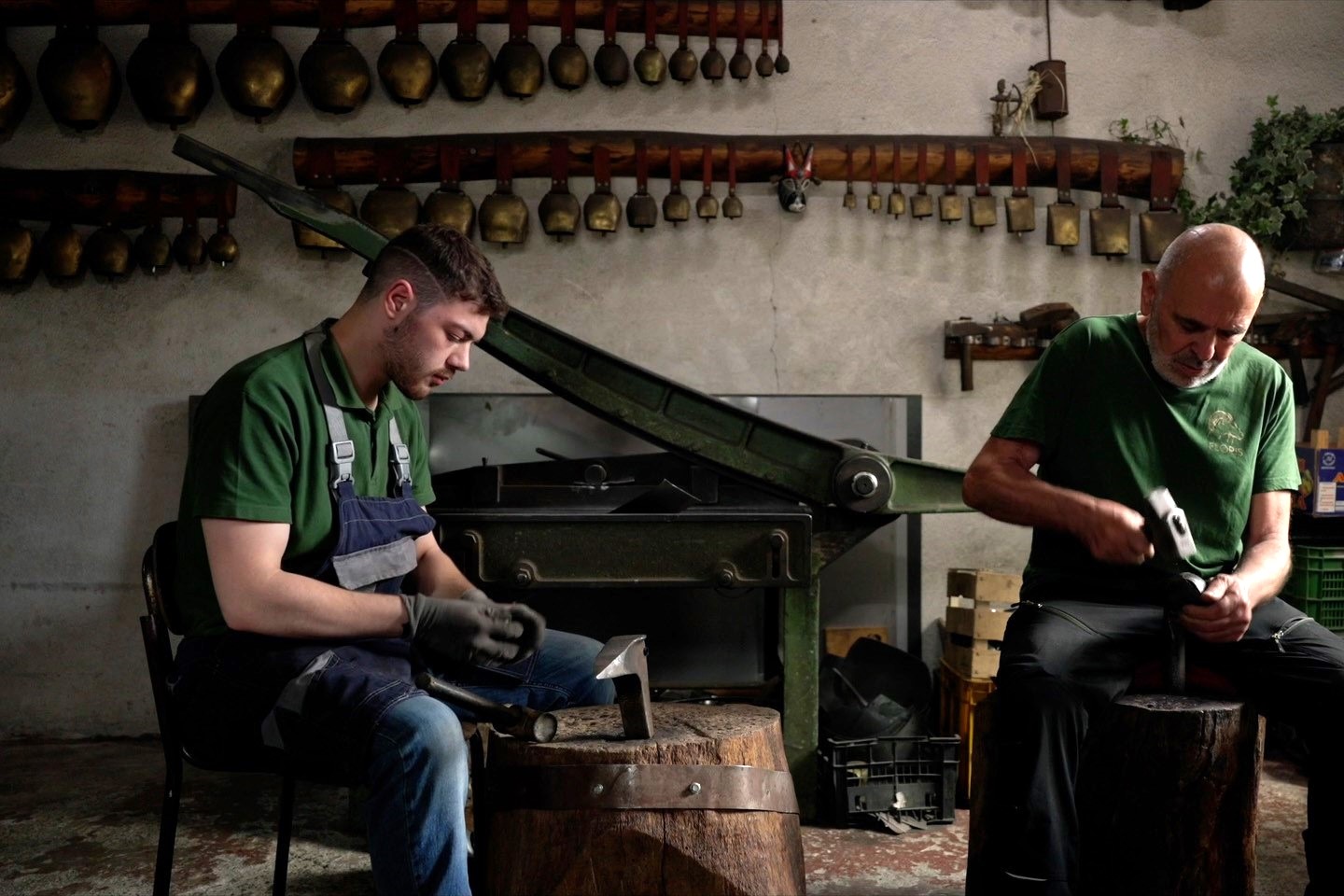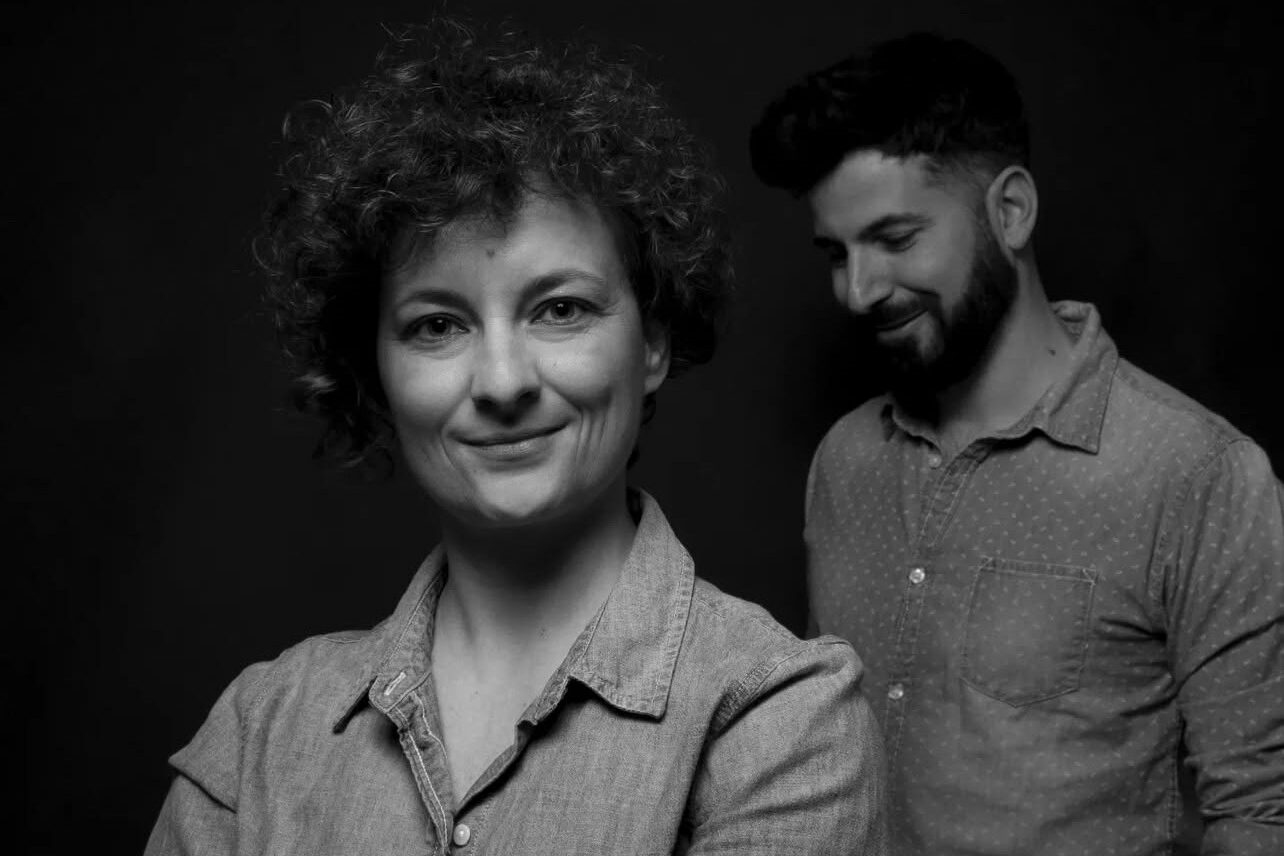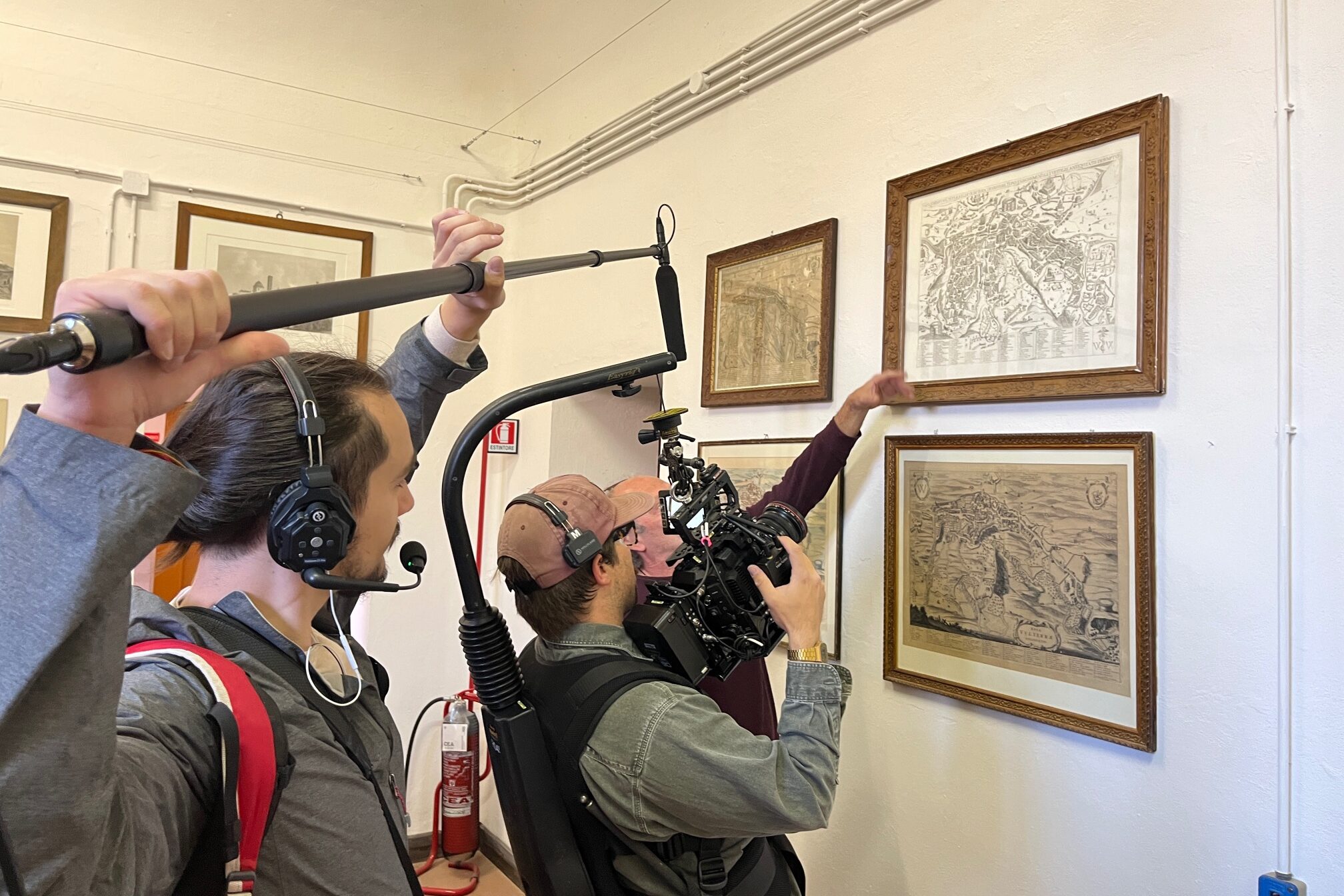2017 could not start in a better way for Italian scientists in the world. On January 7, three scientists born in Italy and currently working in the United States received a delayed Christmas gift, thanks to Barack Obama. The former American President named 102 scientists and researchers to receive the 2017 PECASE, the Presidential Early Career Awards for Scientists and Engineers.
Considered the highest honor bestowed by the United States Government on science and engineering professionals in the early stages of their independent research careers, the award focuses on the key role that the Administration places in encouraging and accelerating American innovation to grow economy and tackle new challenges. The PECASE Awards, as stated in the White House website, recognize some of the finest scientists and engineers who, early in their research careers, show exceptional potential for leadership at the frontiers of scientific knowledge during the twenty-first century.
Among them, three young Italians – currently working in different universities in the United States – made the shortlist: Guglielmo Scovazzi, an Assistant Professor at Duke University, North Carolina; Anna Grassellino, researcher at Fermi National Accelerator Laboratory, located just outside Batavia, Illinois, near Chicago; and Marco Pavone, an Assistant Professor of Aeronautics and Astronautics at Stanford University, California.
These Awards want to foster innovative and far-reaching developments in science and technology; increase awareness of careers in science and engineering, and highlight the importance of science and technology for the nation’s future.
Marco Pavone represents today the Italian excellence in California, thanks to his work at Stanford University not only in the Department of Aeronautics and Astronautics, but also in the Department of Electrical Engineering and in the Institute for Computational and Mathematical Engineering.
For being only 37, Marco has already a long and successful career as scientist and more: before joining Stanford University in Palo Alto, he was a Research Technologist within the Robotics Section at JPL; received a Ph.D. degree in Aeronautics and Astronautics from the Massachusetts Institute of Technology in 2010; and he is now a Research Affiliate at the NASA Jet Propulsion Laboratory (JPL), California Institute of Technology.
On the other hand, Marco is also used to high level honors, as proven by the NSF CAREER Award; a NASA Early Career Faculty Award; a Hellman Faculty Scholar Award; and the NASA NIAC Fellow in 2011. We talked to Marco to learn more about the PECASE and his career.
Marco, let’s start with the award: which was your first reaction when you got to know about it?
My reaction was not that strange: I was simply very excited! I feel that receiving the PECASE award is, first of all, a great honor for a scientist!
Do you remember what you were doing?Of course I do! I was at work when I received the email announcing that my name was in the list of scientists awarded all over the United States.
You were born in Turin but you spent your life in Catania. Tell us about your story around Italy…
I was born in Turin, but I lived in several places in Italy due to the nature of my father’s job. I also lived in Genoa, Rome, and L’Aquila, then last stop in Catania, Sicily, where I attended the last two years of high school and started my university studies.
When did the opportunity to move to the US come?
In 2005, I moved to the University of California in Los Angeles to work on the thesis for my degree at the Scuola Superiore di Catania. One year later, when I was done with my degree studies, I moved to Cambridge where I joined the Massachusetts Institute of Technology for my Ph.D. studies in Aeronautics and Astronautics.
Was it easy to make the decision to move to California?
California is one of the best places in the world to work in the fields of robotics and aerospace engineering. Nevertheless, it is a beautiful place! My only complaint is that California is really far from Europe.
What’s your job about? Can you explain it in an easy way?
I am an Assistant Professor at Stanford, in the Department of Aeronautics and Astronautics. I lead the Autonomous Systems Lab. The goal of ASL is the development of methodologies for the analysis, design, and control of autonomous systems, with a particular emphasis on large-scale robotic networks and autonomous aerospace vehicles. To make the story short and easy to understand, I work on decision-making and artificial intelligence algorithms to make robotic systems increasingly autonomous. In terms of applications, I focus on space robots and self-driving cars.
What do you like the most of it?
I like it because it is a very diverse job. I started as a researcher and I got to become also a teacher, a mentor, and an entrepreneur, in a very exciting field: robotics!
What’s your connection with Italy? Do you see a future for you in the Bel Paese?
All my family is in Italy and my wife is Italian too. I do not plan to go back to Italy, but I hope to strengthen research collaborations with Italian institutions in the near future.






























